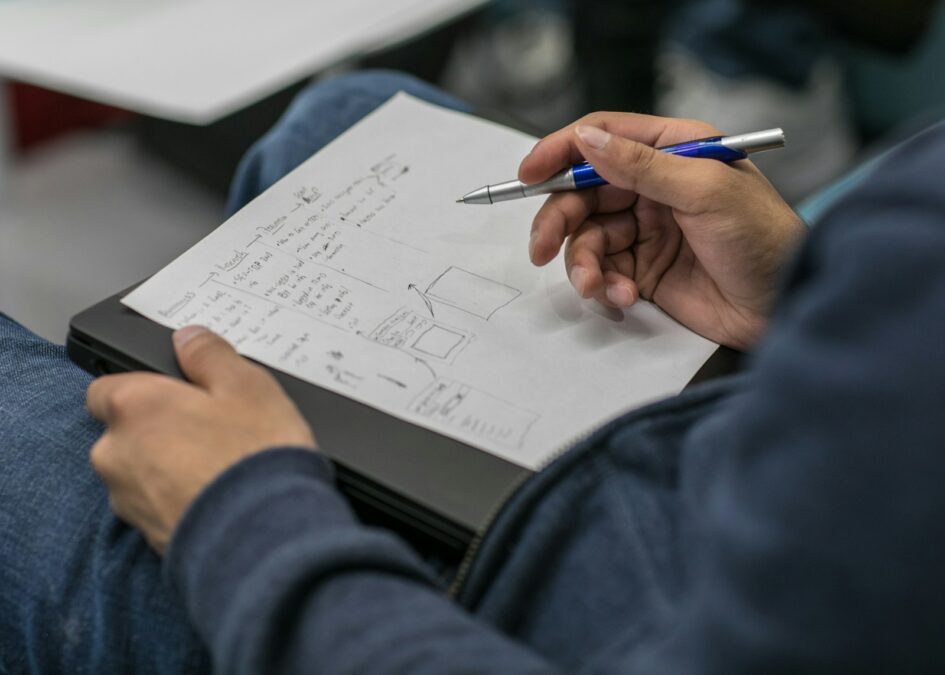Securing Academic Testing Processes
Blockchain technology is revolutionizing the field of academic testing by creating tamper-proof systems that ensure the integrity and security of examinations. In regions like Saudi Arabia and the UAE, where educational standards are a top priority, blockchain provides a robust solution to combat cheating and fraud in testing environments. By recording every interaction and transaction on a decentralized ledger, blockchain eliminates the risk of tampering with exam results or certifications. This level of transparency and immutability instills trust in the testing process, both for educational institutions and students, ensuring that academic achievements are genuine and verifiable.
Verifying Academic Certifications
Another crucial role of blockchain in academic testing is the verification of certifications and credentials. With blockchain, academic institutions can issue digital certificates that are securely stored and easily accessible to authorized parties. Whether it’s a diploma, degree, or professional certification, blockchain ensures that the authenticity of each credential can be verified quickly and reliably. This is particularly beneficial in markets like Riyadh and Dubai, where there is a high demand for skilled professionals with accredited qualifications. Employers can use blockchain-based verification systems to confirm the credentials of job applicants, streamlining the hiring process and reducing the risk of hiring individuals with fraudulent qualifications.
Ensuring Data Privacy and Security
Privacy and security are paramount concerns in academic testing, and blockchain technology offers robust solutions to address these challenges. By encrypting data and distributing it across a decentralized network, blockchain protects sensitive information from unauthorized access or manipulation. This is especially important for student data, including exam scores, personal information, and academic records. In compliance with data protection regulations in Saudi Arabia, the UAE, and other jurisdictions, blockchain systems ensure that student privacy is safeguarded while still allowing for secure and efficient access to academic records when needed.
Change Management in Educational Institutions
Implementing blockchain technology in academic testing requires effective change management strategies to overcome resistance and ensure successful adoption. Educational institutions in Saudi Arabia, the UAE, and beyond must invest in comprehensive change management plans that address the cultural, organizational, and technical aspects of blockchain integration. Executive coaching services play a vital role in preparing school administrators and educators for the transition to blockchain-based testing systems. By providing training, guidance, and support, coaches empower educational leaders to embrace innovation, navigate challenges, and drive positive change in their institutions.
Enhancing Communication and Collaboration
Effective communication and collaboration are essential when implementing blockchain solutions in academic settings. Educational leaders must communicate the benefits of blockchain technology to stakeholders, including students, parents, faculty members, and regulatory bodies. Clear and transparent communication builds trust and buy-in, fostering a positive environment for change. Additionally, collaboration with technology partners, government agencies, and industry stakeholders is crucial for developing standardized blockchain protocols and interoperable systems. By working together, educational institutions can leverage the full potential of blockchain to enhance academic testing processes and uphold the integrity of education.
Harnessing AI for Adaptive Testing
Artificial Intelligence (AI) can complement blockchain technology in academic testing by enabling adaptive and personalized assessments. In Riyadh, Dubai, and other educational hubs, AI-driven testing platforms can analyze student performance data stored on the blockchain to tailor exams to individual learning needs. Adaptive testing algorithms adjust the difficulty and content of questions based on real-time feedback, ensuring that assessments accurately measure student knowledge and skills. By combining AI with blockchain, educational institutions can create dynamic testing environments that promote student engagement, mastery learning, and academic excellence.
Supporting Academic Innovation
Blockchain technology not only enhances the security and integrity of academic testing but also supports innovation in education. By providing a secure and transparent platform for storing and sharing educational data, blockchain enables the development of new teaching methods, learning experiences, and credentialing models. In Saudi Arabia, the UAE, and beyond, blockchain-powered educational initiatives are driving advancements in personalized learning, competency-based education, and lifelong learning opportunities. As educational institutions embrace blockchain technology, they are paving the way for a future where academic achievement is accessible, equitable, and globally recognized.
#Blockchain #AcademicTesting #Certifications #SaudiArabia #UAE #Riyadh #Dubai #ChangeManagement #ExecutiveCoaching #EffectiveCommunication #BusinessSuccess #ManagementConsulting #ArtificialIntelligence #TheMetaverse #GenerativeArtificialIntelligence #LeadershipSkills #ProjectManagement

